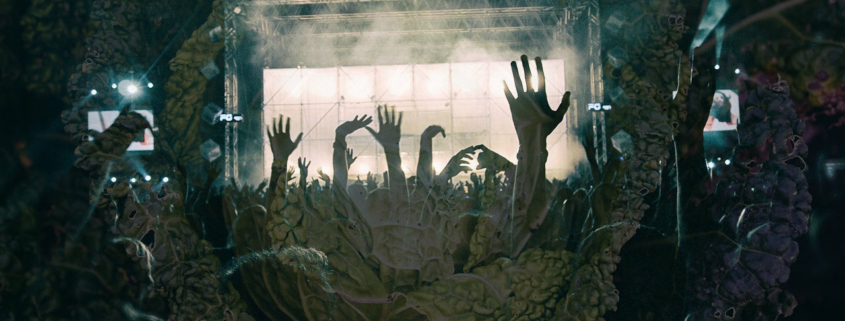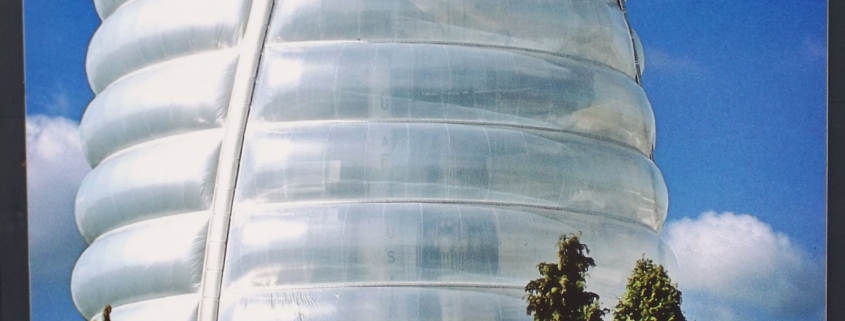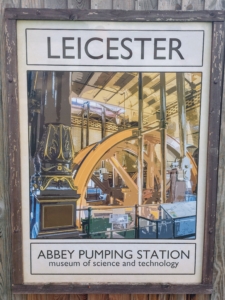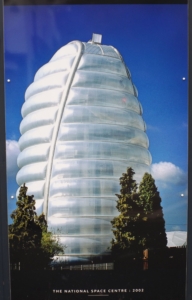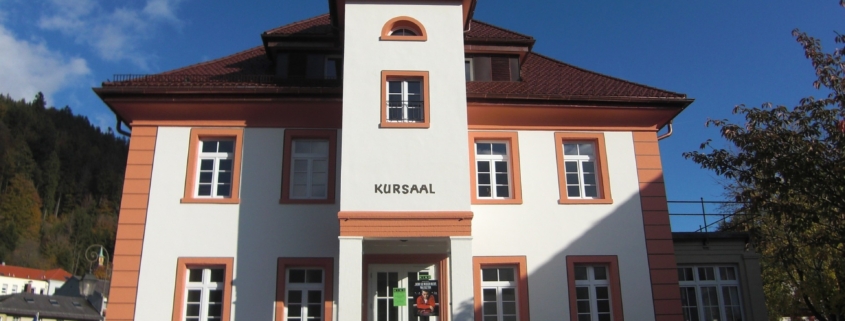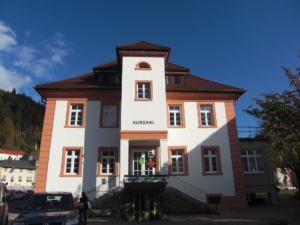Update autumn 2025
Attended the inspirational Polestar Festival at Bicester Motion celebrating 5 years of Polestar UK and took part in the formation of the world’s largest Polestar logo. Can you spot my car with the Octopus sticker in the rear window? 🙂

Update summer 2025
When we have to charge away from home, notwithstanding the often inscrutable and at times alarming behaviour of Mr Musk, for some time now we have invariably used compatible Tesla Superchargers, which keep springing up all over the place and are more reasonably priced than other ultra-rapid chargers. Have in fact charged no fewer than 73 times at Tesla between June 2023 and November 2025 and indeed signed up for Tesla membership in July 2025 to benefit from member rates, which range between 25 and 40 p/kWh, depending on time of day.
Update spring 2024
We no longer charge the car from the sun but instead export surplus solar to the grid, for which we get paid more than we pay for charging the car over night from the grid via Intelligent Octopus Go.
Polestar experience to date (September 2023)
With 230,000 miles on the clock my 20-year-old Volvo V70 was still going strong, but in early 2022 the time had come to think of a replacement. My mind was made up that the next car had to be electric, and preferably one that was designed from scratch for the purpose, rather than based on an existing internal combustion model. This limited the choice, which can actually be a good thing in many situations. Instinctively I was drawn to the Polestar 2. Although the brand has been owned by Volvo since 2015 (which in turn has been owned by the Chinese company Geely since 2010), Polestars aren’t usually available through Volvo dealerships, so in March last year my partner and I booked a test drive at the nearest Polestar centre in Milton Keynes. Unfortunately but understandably, we weren’t allowed to take the car to nearby Silverstone, but the experience was nevertheless impressive, not least the amazing instant acceleration! But we weren’t quite ready to take the plunge and decided to wait a while longer.
Continue reading full article…

